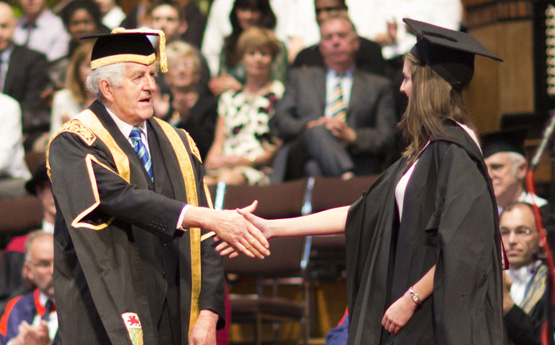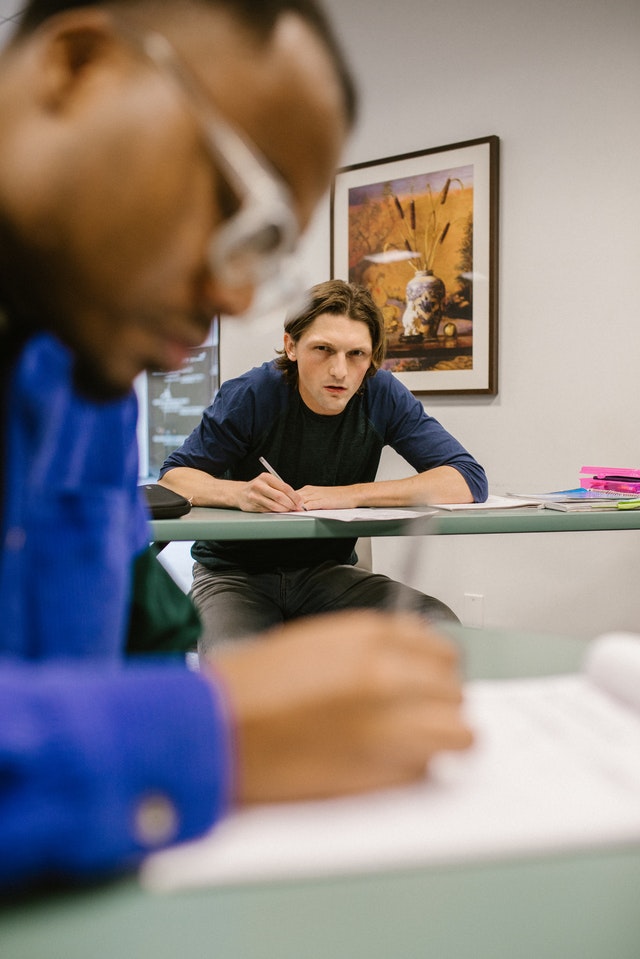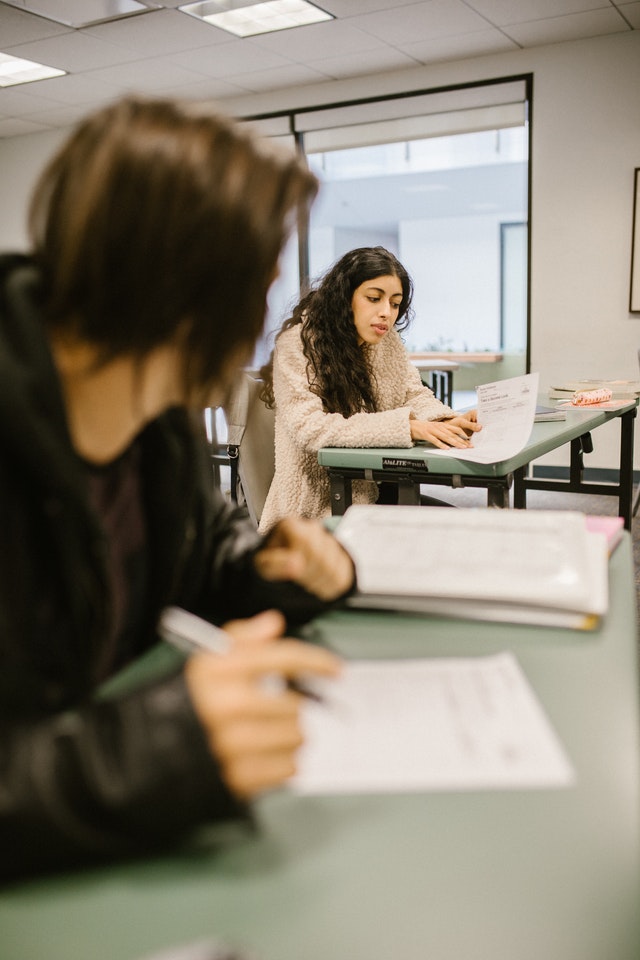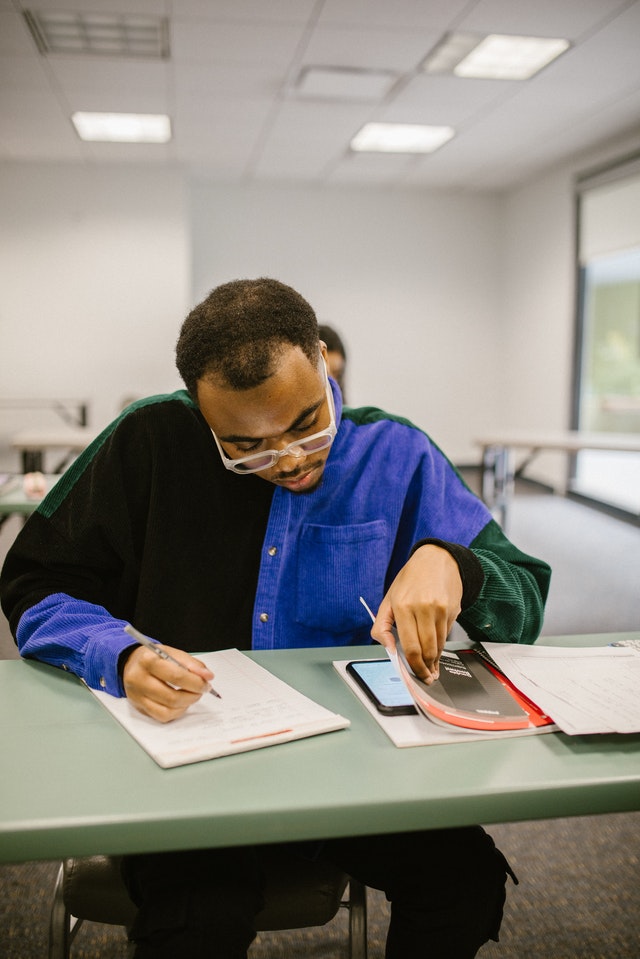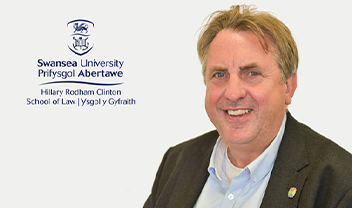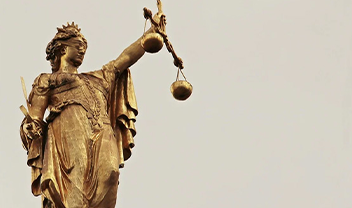Academic Integrity
What does Academic Integrity entail?
When we commit to upholding Acadmic Integrity, we agree that we will do the following:
Academic Misconduct
Academic Misconduct happens when a student acts in a way that gives themself, or another student, an unpermitted advantage. This applies whether they act alone, or with others to do this.
This can occur in any assessment that a student takes in pursuit of their qualification at Swansea University.
Students may intentionally or unintentionally commit academic misconduct; therefore, it is important to be aware of what is considered an offence by the university. You can find all the relevant policy documents and FAQ's further down this page, or have a look at the following examples:
Examples of Academic Misconduct
What can I do to maintain academic integrity?
The best way to maintain academic integrity is to be informed about policies and regulations for the university, individual colleges and modules. See the links, guides and videos below for helpful information and suggestions on how to proceed in your studies with academic integrity.
READ:
What happens if I commit academic misconduct?
The procedure for academic misconduct is handled case by case. For more information, please see the links below.
Potential penalties include written warnings, cancellation of marks for the paper, a mark of zero for the module, cancellation of marks for the level of study, or cancellation of all marks and disqualification from the programme.

